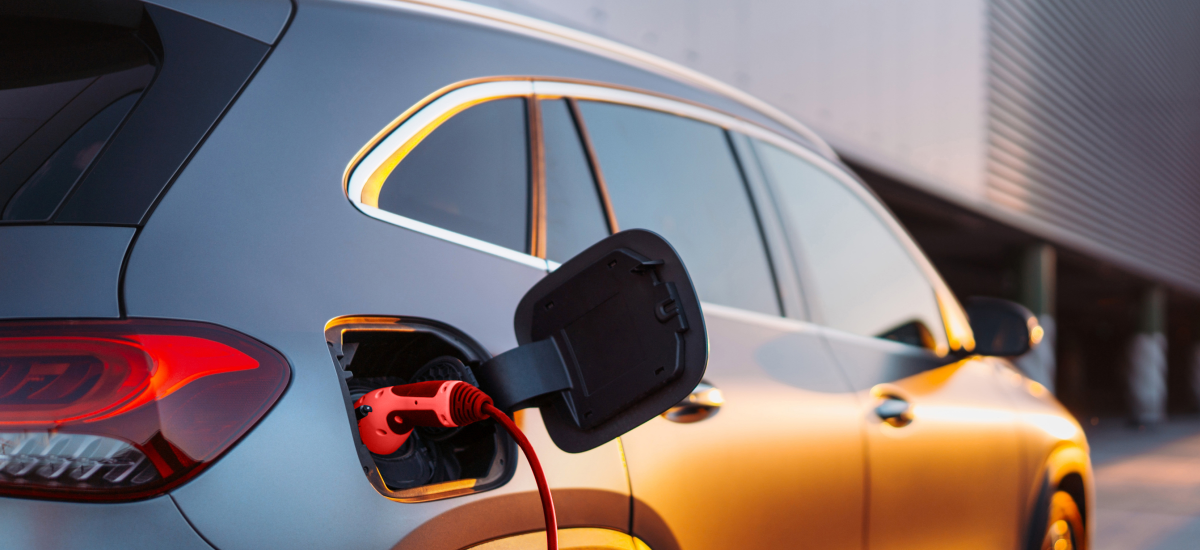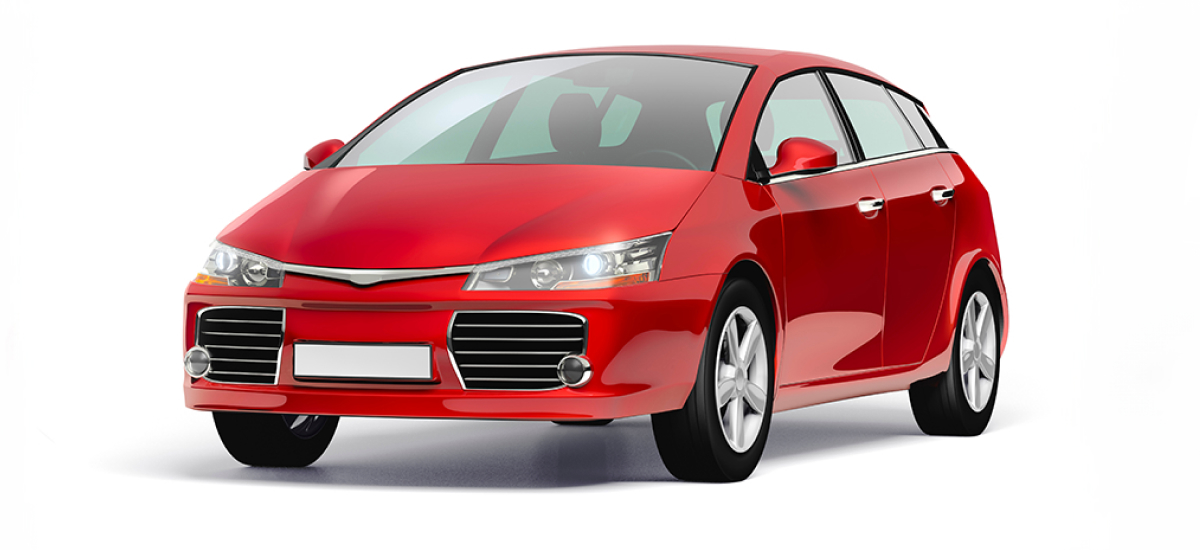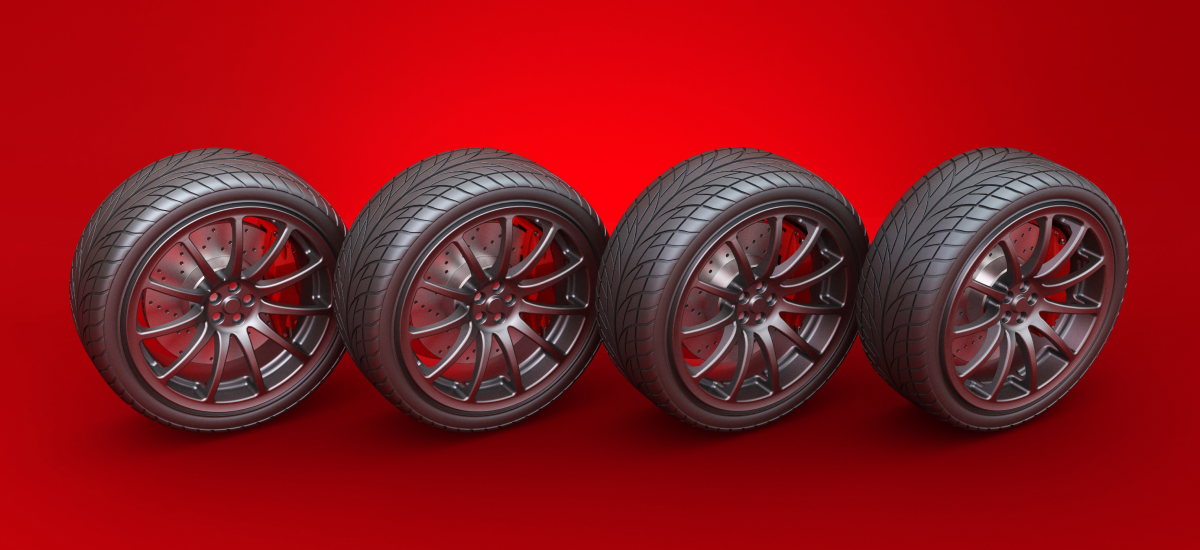The Indian government is on a mission to popularize the adoption of environmentally-friendly vehicles. There is a road tax exemption in nearly every state, apart from a host of other subsidies. On account of this, the number of EVs and hybrids on the road are expected to go from a few thousand to over two million by 2026. The government has also made the setting up of charging stations a priority, with it being made a mandatory feature in new apartment buildings as well. But are these types of cars actually as beneficial as they’re made out to be and are they right for you?
What’s the difference?
With a hybrid, you get an electric motor plus a traditional petrol engine. Basic hybrids only charge from regenerative braking and momentum on the road, while plug-in hybrids can also be—you guessed it—plugged in to charge from the grid, allowing for bigger batteries and even lower petrol consumption.
With an electric car, it’s batteries all the way. No petrol needed!
Money matters
Electric cars are more expensive to buy than hybrids, so in the short term, they’re not as accessible as other cars. In the long term, however, you really see the financial benefits because they don’t need petrol—and when it comes to mileage, electricity gives you far greater returns for charging than hybrids and traditional cars give you for filling up the tank. For example, as per this government-approved calculator, a Mumbai resident can expect to save around Rs.49 on a 10-kilometre journey in an electric car over a petrol car.
With as few as 12 moving parts, an electric motor is also much more simple and reliable than the hybrid’s petrol engine, meaning cheaper maintenance. As mentioned earlier, too, electric cars are also exempt from a variety of taxes usually levied by the central government and state governments also throw in a host of subsidies. For example, Delhi offers a 100% waiver of road tax and a subsidy of Rs.5000 per kwH of battery capacity going up to a maximum of Rs.30,000.
Going the distance
Electric cars have one big plus: although they need servicing as often as hybrids, their simplicity makes maintenance much more straightforward.
The reason electric loses on practicality is driving range. They’re definitely improving, but charging still takes a while—and that’s if you can find a charging point! In India, for example, there are a mere 934 public charging points. Some states have barely a handful, which means that if you’re the type who likes road trips, you couldn’t opt for one.
Meanwhile, petrol stations are everywhere, so hybrid drivers will never have to worry about simply not being able to get enough fuel. So, if you regularly drive very long distances in remote or rural areas, an electric car might not be the most practical option.
Being green
When it comes to direct emissions, electric wins hands-down—you can’t beat zero! But indirect emissions are just as important. A hybrid produced nearby in an environmentally-friendly factory could well be greener overall than an electric car sent thousands of miles on a gasoline-fuelled ship from a not-so-green plant. So be sure to do your research if the environment is your main concern!
In short, which car is best depends on you and your circumstances. And whichever vehicle you choose, don’t forget that a good car insurance policy can make all the difference in case of damage or accident. So, now you know what to look for—what will you go for?






































































































































